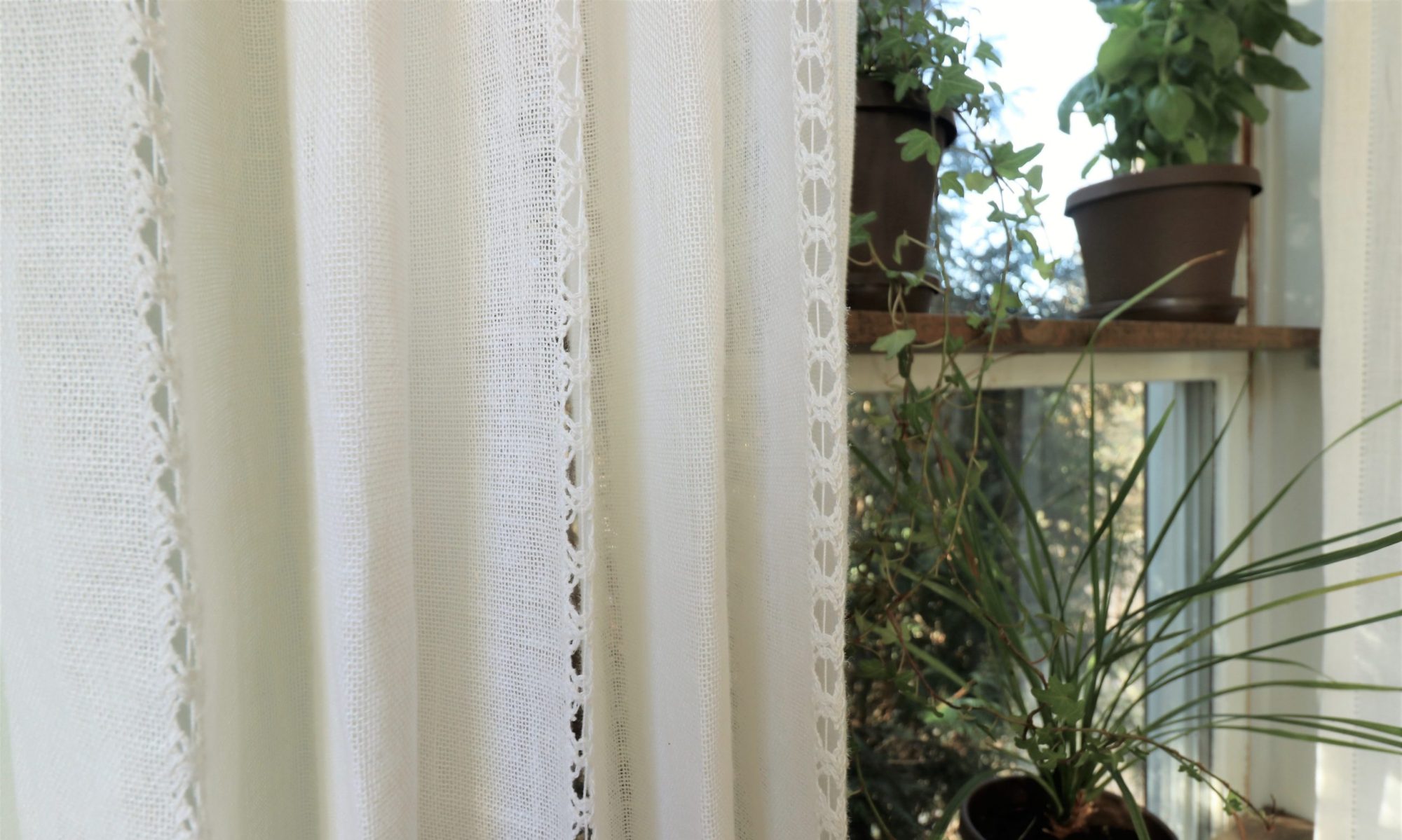Choosing countertops is often a daunting task because of the many choices of materials. I am going to break it down for you so you have all the information you need to make a wise decision. Knowing the pros and cons of each material will help you narrow down the choices to fit your specific needs and limitations.
In my research I found that information from different sources are often conflicting. I recommend that you confirm the following information with the manufacturer so you can care for your new countertops correctly.
The following characteristics will be compared to help in choosing countertops:
- Heat Tolerance
- Stain Resistance
- Disinfecting
- Scratch Resistance
- Fade Resistance
- Maintenance
- Ease of Repair
- Edge Options
- Thickness Options
This post will be updated periodically if there is new information that would be helpful to include. Last updated 10/15/2024
Here are my notes….
Finishes
Honed – A honed surface appears matte or is non-reflective because it has been ground smooth. It has a velvety and satin-like feel.
Polished – surface offers a beautiful glossy shine
When choosing countertops, we will be looking at the properties of the following countertop materials:
Marble
Marble is a natural stone known for its veining. God has created it in many color choices and no one can make anything more beautiful than He can. 😊
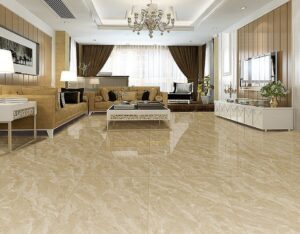
Granite
Granite is a natural stone made of multiple materials giving it a granular appearance. It is formed from melted rock or magma. You can read more about how it is formed HERE.
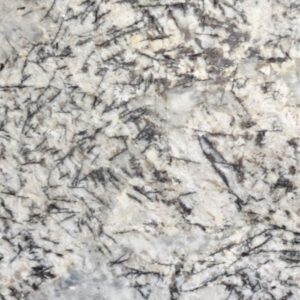
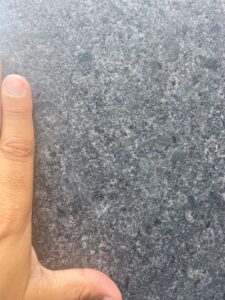
Soapstone
Soapstone is a metamorphic rock composed mainly of talc combined with other minerals giving it a smooth velvety feel.
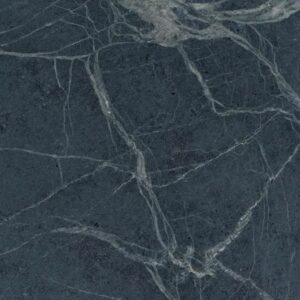
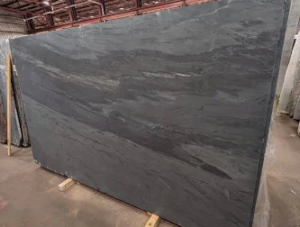
Natural Quartzite
Natural Quartzite is a also a natural stone formed from quartz-rich sandstone.
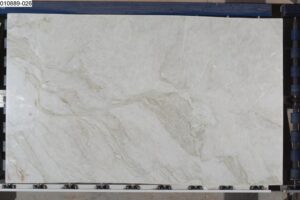
Quartz (Engineered Quartz)
Quartz is a man-made material often referred to as “Quartz”. A couple well-known brands are Cambria, Silestone and Caesarstone. It is made up of 90-95% ground quartz particles combined with resins, polymers and pigments to bind them together.
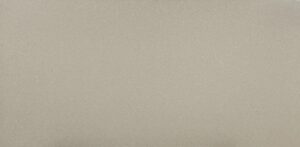
Dekton
Dekton is made of a blend of raw materials, including porcelain, glass and quartz using sinterized particle technology.
Solid Surface
Solid Surface describes a group of materials that include terms like Corian and Wilsonart. These materials are composed of about 1/3 acrylic resin and 2/3rds natural materials.
Butcher Block
Butcher block is made from straight cuts of wood glued together to form a thick slab. It can be made from all types of wood including maple, oak, walnut and cherry.
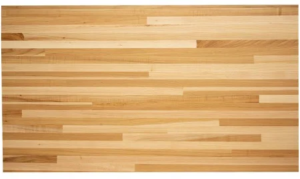
Porcelain
Porcelain is made from a type of ceramic composed of fine clays and other natural materials.
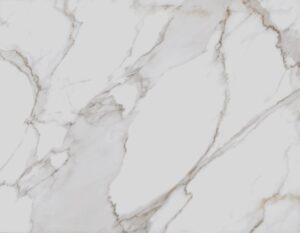
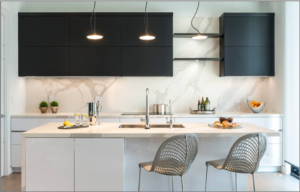
Concrete
Concrete is made from a mix of cement, sand, gravel and water. Pigments are added for color and then polished and sealed.
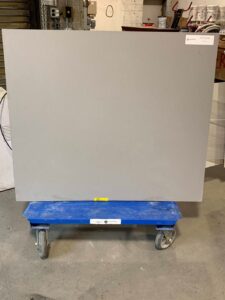
Laminate
Laminate is a material often described synonymously with the brand of Formica. It is made from layers impregnated with resins and topped with a decorative paper layer and then finished with a clear melamine overlay.
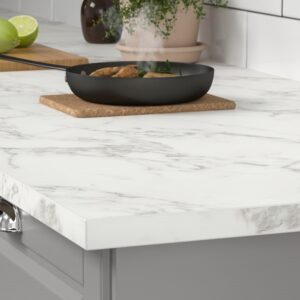
Choosing Countertops for Heat Tolerance
Marble – Good heat tolerance but not as high as granite. begins to crack at 329 degrees
Granite – Very high heat tolerance but trivets are still recommended
Soapstone – Good heat tolerance up to around 450 degrees. Take care to use mats, trivets under hot objects.
Natural Quartzite – Very high heat tolerance like granite. Heat will damage if high % resin. Take are to use mats, trivets under hot objects
Quartz – heat will damage if high % resin. Take care to use mats, trivets under hot objects
Solid Surface – low heat tolerance. Use trivets and pads under hot objects.
Dekton – high heat resistant but use trivet for hot items
Butcher Block – will char. Take care to use mats, trivets under hot objects.
Porcelain – It can handle freezing and thawing temperatures as well as high temperatures. High heat tolerance.
Concrete – high heat tolerance but a sudden temperature change can affect the sealer.
Laminate – very low heat tolerance. Take care to protect against heat.
In summary, most countertops benefit from using protection against hot objects. The natural stone materials have better heat tolerance where materials that have built in polymers and resins could scorch and get damaged from heat. Laminate is the lowest tolerance being made of paper and resins. Porcelain and Dekton which is made from porcelain and stone are very high heat tolerant.
Choosing Countertops for Stain Resistance
Always check with the manufacturer before applying any kind of stain remover. The following are common solutions that can be applied to countertops to remove stains. Removing stains can be trial and error.
- Vinegar is an acid and works on stains like coffee, tea or juice
- Baking Soda and water paste is effective for oil-based stains
- Hydrogen Peroxide and baking soda paste is effective to remove wine stains. Let it sit overnight and then wipe away.
- Hydrogen Peroxide and dishwashing liquid mixture. Let sit overnight and then wipe away.
- Diluted Bleach for cola and fruit juices
- Salt
- Baking Soda
- Club Soda
- Rubbing Alcohol is a nearly neutral pH and is a great homemade cleaner
- Dishwashing Liquid
- Bar Keepers Friend Liquid
- Ammonia products are alkaline and good for grease, oil and coffee stains
Marble and Granite are natural stone which tend to be porous. Oil-based products and acid liquids can cause stains. Acidic substances like wine, coffee, vinegar, tomato and lemons can dull the surface. Avoid acidic cleaners that contain the following: ammonia, citrus, bleach, vinegar. These may damage or dull as well. So, what is best to use to clean stains? The number one way to fight stains on natural stone surfaces like marble and granite is to avoid them and wipe up right away with a mild soap and water solution. If a stain occurs, use a poultice or paste to draw out the stain. A pH-neutral, non-abrasive cleaner is best to be used. Hydrogen peroxide is often used or a baking soda and water paste for tough stains. Sealing the clean stone is a good preventative measure to make it easier to wipe and clean stains.
Soapstone is non-porous and will not stain from coffee, milk, wine, tomato and other common liquids that stain other types of countertop materials. If a liquid causes a discoloration it will fade over time. Soapstone doesn’t allow liquids to penetrate the surface. It will not be damaged by harsh chemicals but the cleaner you use may affect the mineral oil sealant that is giving it it’s beautiful leather texture. It can be easily maintained with mild cleansers. Avoid abrasive cleaners to avoid damaging its soft surface.
Natural Quartzite – is a natural stone which tends to be porous. Please don’t confuse this with “quartz” which is an engineered product. Both oil-based and water-based foods may cause discoloration. To remove these stains, one must draw the stain out of the pores of the stone through the use of a poultice or paste. You are in luck if you like to use vinegar or lemon juice to clean because generally, the surface of quartzite isn’t damaged by common acids but some slabs can react with acids if they contain calcium carbonate. Therefore, I recommend that you should avoid cleaners that contain acids like ammonia, citrus, bleach or vinegar which may dull the surface. Hydrogen peroxide is often used or a baking soda and water paste to draw out the stain. Sealing the stone with a water-based seal
Quartz – White quartz is notorious for getting stained. Wipe up colored liquids as soon as you can with soap and water. Liquids that sit on the surface like from dirty dishes, a stain may form. If a stain does form, use a baking soda and water paste and let sit for a few minutes and then wipe away. Avoid abrasive cleaners and both harsh acidic and alkaline cleaners to prevent damage to the surface of the countertop. Acids like vinegar, lemon juice can damage the resin within it. Even though quartz isn’t as porous as natural stone, the resins within it can be damaged by harsh chemicals.
Solid Surface is stain-resistant but not stain proof. Soap and water works for most cleaning needs. Countertop cleaners like Bar Keepers Friend or an ammonia-based cleaner like glass and multi-surface cleaners work well too. A possible solution that is an effective cleaner is the following mixture: ratio 1:24:1 rubbing alcohol: water: dish soap
Dekton is non-porous and very stain resistant. In the case a stain is created, avoid harsh chemicals like bleach and ammonia to prevent damage.
Butcher Block can stain easily therefore care should be taken to wipe up spills immediately. A warm soap and water solution is used for daily cleaning and vinegar is a good solution for cleaning and sanitizing. Use pads to protect from moisture rings and burns from hot objects.
Porcelain is non-porous with superior stain resistance and moisture proofing. Cleaners with oil can leave a residue. Daily cleaning with warm soapy water works for normal cleaning. Porcelain can handle harsher chemical cleaners like but they will dull the surface over time so use sparingly.
Concrete is porous and will absorb liquids therefore it is vulnerable to stains like wine, citrus and vinegar. A method to remove mild stains is to sand stain out and then re-seal and wax. A mild soap and water is the best daily cleaner.
Laminate is resistant to stains. It is safe to use warm soapy water solution with vinegar for daily cleaning. Avoid scrubbing to avoid dulling the surface. A baking soda and water paste soak is a good stain remover. Do not use bleach which will cause damage.
Choosing Countertops for Bacteria Resistance
Rubbing alcohol (hydrogen peroxide) can be used daily to kill germs. Spray it on and then wipe away with a wet cloth. This is safe for all countertop materials.
Marble, Granite and Soapstone have a natural resistance to bacteria growth. A good antibacterial soap and warm water is a good daily solution. The polished surfaces can be damaged by hydrogen peroxide, bleach and vinegar so is not recommended for daily cleaning and disinfecting.
Natural Quartzite is bacteria resistant so antibacterial soap and water solution is sufficient for daily cleaning. Hydrogen peroxide can be used as well to kill germs.
Quartz – bacteria resistant
Solid Surface – relatively bacteria free. Use isopropyl alcohol (rubbing alcohol 70-90% concentration) to kill germs or diluted household bleach.
Dekton can be disinfected with a variety of products like vinegar and water, hydrogen peroxide or warm soapy water.
Butcher Block harbors bacteria and needs to be washed with vinegar daily to kill bacteria or use hydrogen peroxide for 10 minutes, wipe and let air dry.
Porcelain is not porous so highly bacteria resistant. Wash regularly with antibacterial soap and water solution.
Concrete countertops can be cleaned with a soap and water solution for daily cleaning. Isopropyl alcohol is a good disinfecting solution.
Laminate can be disinfected safely with an isopropyl alcohol spray and then wiping clean with a dry rag. Vinegar and water solution is also a safe solution and of course, a warm soapy water solution.
Choosing Countertops for Scratch Resistance
Marble can scratch and etch easily
Granite chips easily
Soapstone will dent and scratch
Natural Quartzite resists scratches
Quartz is durable but not completely resistant to scratches. Take care to use mats, trivets to avoid scratches. Quartz can be damaged from the impact of heavy objects if dropped on it. Avoid abrasive sponges
Solid Surface resists scratches. Avoid abrasive cleaners.
Dekton is fabulous against scratches but is brittle and prone to cracking and chipping
Butcher Block is prone to scratches but high impact resistant
Porcelain will scratch, chip and crack with impact. It may show etching or metal marks if using metal pans and utensils.
Concrete will scratch and even chip with high impact.
Laminate can develop scratches, gouges and chips.
Choosing Countertops for Fade Resistance
Will any part of your countertop be exposed to direct sunlight? This is especially important in the case of outdoor kitchens and patios. Consider whether the material will fade over time.
Marble is fade resistant but dark colors may fade over years
Granite fades over an extended period if in direct sunlight
Soapstone is fade resistant. It darkens naturally with time.
Natural Quartzite is fade resistant. Natural light won’t darken or fade it.
Quartz may fade if exposed to direct sunlight for long periods of time due to the resins within it.
Solid Surface dark countertops will lighten in direct sunlight and whites will begin to yellow over time. Protect against direct sun.
Dekton does not fade in sunlight.
Butcher Block – may fade with direct sunlight
Porcelain is fade resistant
Concrete countertops with pigment may fade in the sun
Laminate does fade over time if exposed to sunlight
Choosing Counteretops for Maintenance Needs
It is important to consider whether you realistically will keep up with the required maintenance of your countertop to keep it looking beautiful.
Marble – Only use soap and water. Do not use chemicals including vinegar. Wipe up spills immediately. Needs to be sealed yearly
Granite – Wipe with isopropyl alcohol regularly and use a sealing product yearly to protect.
Soapstone – Recommend daily cleaning with soap and water. Apply mineral oil every month or two and rub in to build a protective layer against stains.
Natural Quartzite –Use only soap and water or a stone cleaner made for natural quartzite. Do not use harsh chemicals. Needs to be polished monthly and sealed yearly to help repel liquids
Quartz – Use soap and water or isopropyl alcohol solution to disinfect. Avoid using ammonia-based cleaners which may weaken the bond between the materials
Dekton is easy to clean and maintain.
Solid Surface is easy to clean and maintain. Use soap and water. Safe to use ammonia-based cleaners. Avoid abrasive cleaners on glossy finishes
Butcher Block – Protect against standing water. Apply tung or mineral oil monthly to preserve the wood from drying out and cracking. Oil increases the water resistance as well.
Porcelain – is easy to clean and maintain. Use soap and water and avoid abrasive cleaners.
Concrete can tend toward developing hairline cracks over time. Seal yearly to create a protective layer to stains and damage.
Laminate is easy to clean and maintain. Use soap and water and avoid abrasive cleaners.
Choosing Countertops for Ease of Repair
If you have an active family and your counter tops take a beating, there is inevitably going to be a chip or crack. How easy is it to get repaired?
Marble – resealing and repolishing can make like new
Granite – repair by professional with granite dust and epoxy resin
Soapstone – scratches can be sanded out with fine sandpaper.
Natural Quartzite – chips can be repaired with an epoxy resin that matches the finish
Quartz – There is an epoxy resin that can be used to fill chipped areas and then sand and polish. Here is a link to a step by step how to repair a quartz countertop from graniteselection.com
Solid Surface – scratches and dents can be sanded out and repaired by contacting a certified installer
Butcher Block – easy to sand scratches, wax and finish
Porcelain – Chips and cracks are difficult to repair if patterns are on the surface. But solid colors may be repaired using color matched epoxies by a fabricator.
Concrete – contact a professional
Laminate – there is a laminate repair paste that can be used to fill in holes and broken edges. Then paint to match surface.
Choosing Countertops for Edge Options
There are really many, many options but here is a selection that I grabbed from Deavita.net. Ask your fabricator if you have a special one in mind.
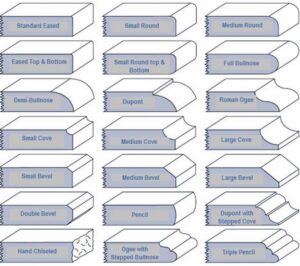
Marble – multiple options
Granite – multiple options
Soapstone – multiple options
Natural Quartzite – multiple options
Quartz – multiple options
Solid Surface – multiple options
Butcher Block – generally straight edge
Porcelain – limited edge styles /only square or mitered edges
Concrete – more limited in the options based on the forms available
Laminate – more limited in the options
Here is a link to an article How to Choose Your Edge Profile from Granite & Marble Specilties if you want to learn more about the options.
Choosing Countertops for Thickness Options
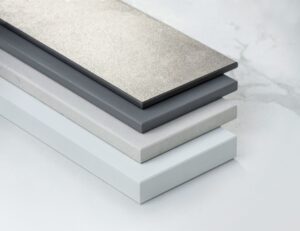
Marble – standard options are ¾” and 1.25” (2 cm or 3 cm)
Granite – standard thickness is 1.25” (3 cm)
Soapstone – standard thickness is 1.25”
Natural Quartzite – standard options are ¾” and 1.25” (2cm or 3cm)
Dekton – 8mm, 12mm, 30mm and 30mm
Quartz – standard options are ¾” and 1.25” (2cm or 3cm)
Solid Surface – the thicknesses is dependent on the Brand
Butcher Block – the standard thickness ranges from 1.5” to 2” thick
Porcelain – standard options range as thin as ¼” to ½” creating a very modern, sleek look
Concrete – standard is 1.5” but can be as think as 1.25” and as thick as 3”
Laminate – standard options range from .6” to 1.25”
WATERFALL OPTION
This is a countertop that continues over the edge and down to the floor therefore looking like a waterfall. This look is achieved by adhering another vertical counter at a right angle to the horizontal counter.
Marble – yes
Granite – yes
Soapstone – yes
Natural Quartzite – yes
Quartz – yes
Solid Surface – yes
Butcher Block – yes
Porcelain – yes
Concrete – yes
Laminate – yes but the seam is noticeable
